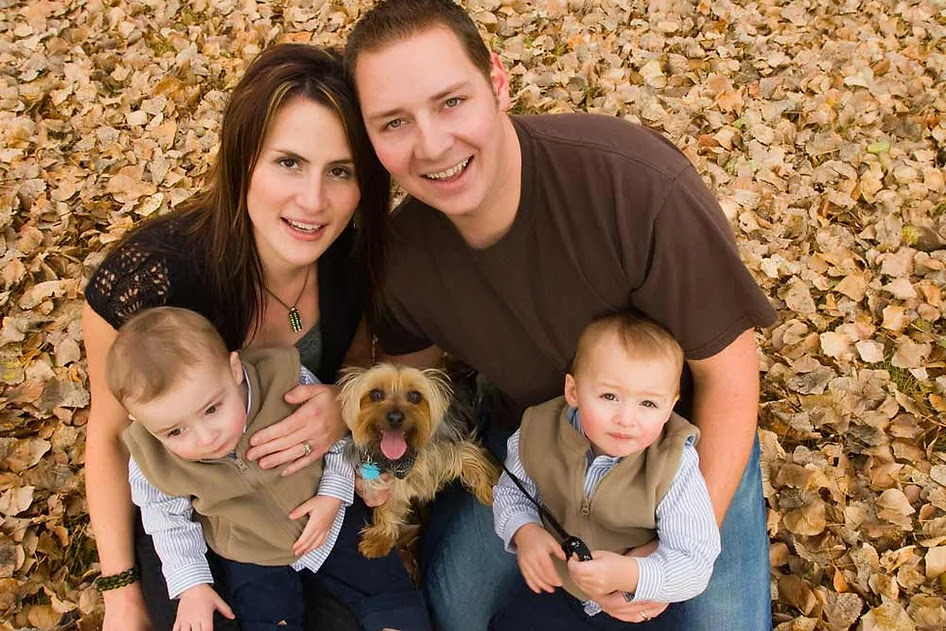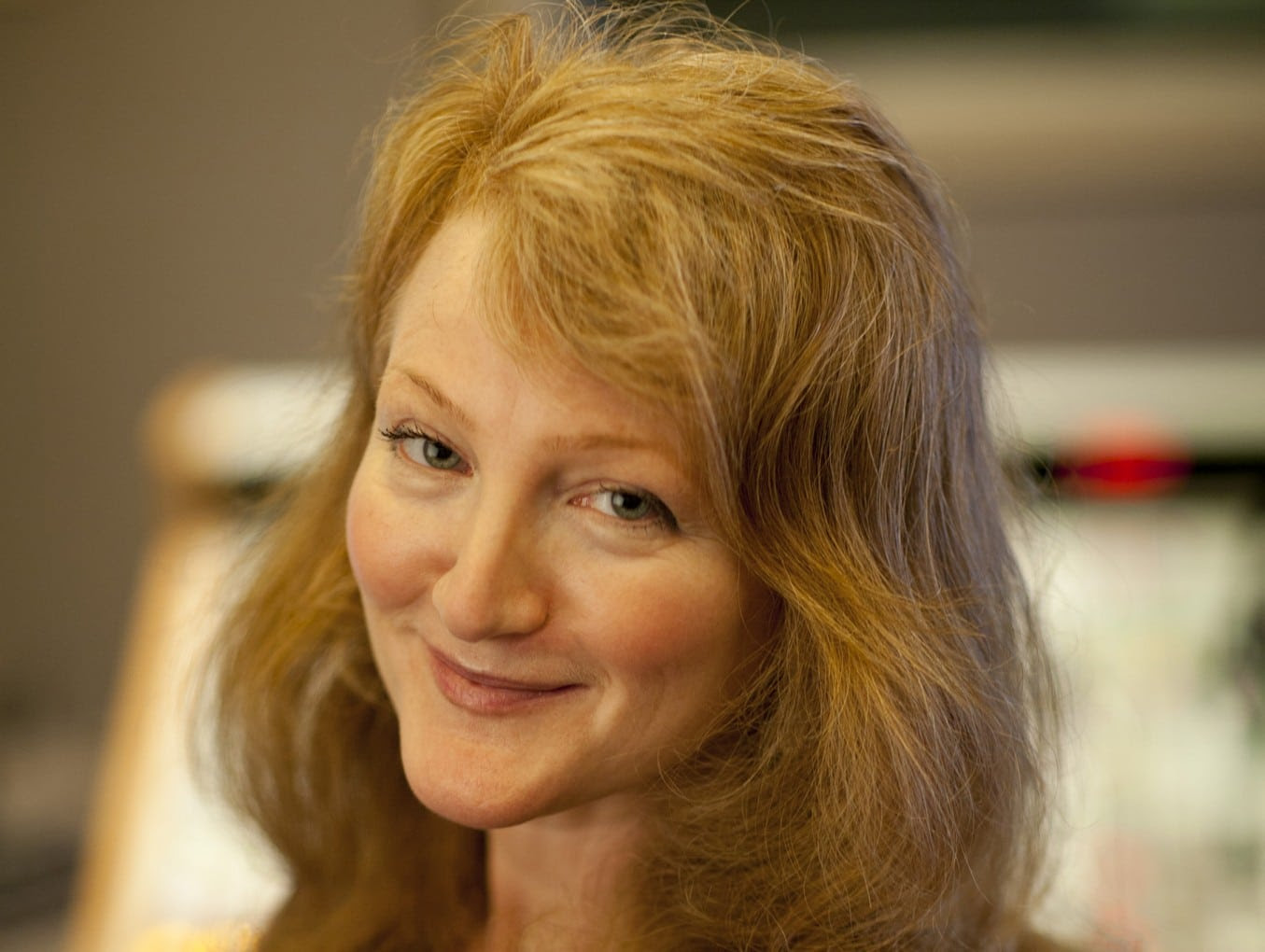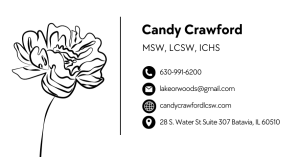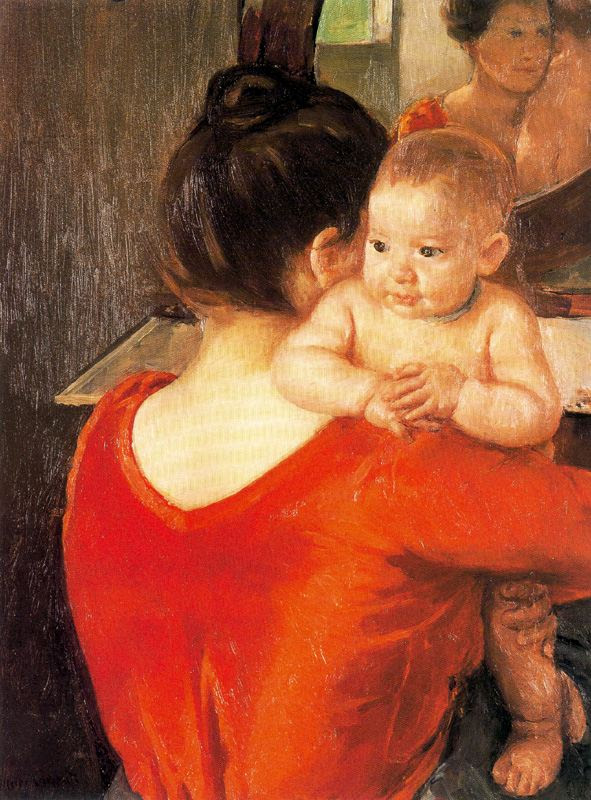Vibrant Days….
Flourishing with Sensory Processing Sensitivity
April 2018
Newsletter Navigation:
Upcoming Events
(click here to register via Eventbrite)
Main
Highly Sensitive Children Highly Susceptible to Parenting

Participation
Facing Serious Medical Issues as an HSP
By Ted Zeff, Ph.D.
Highly sensitive people are able to easily access our intuitive and spiritual connection to divine energy. In the olden days we were the shamans and priestly advisors. Our trait, which can sometimes be uncomfortable when picking up other people’s negative energy, can be our greatest blessing since we can easily tune into spiritual energy. When I mention God in this article feel free to substitute the word for your favorite deity, your Higher Self, or Mother Nature.
On March 7th 2017 I with utterly shocked when I was diagnosed with 4th stage colon cancer, especially since I only had some mild abdominal pain for a month. The gastroenterologist who performed the colonoscopy incorrectly told me that all could be done for me at this point was palliative care and he referred me to a general surgeon who did not seem very knowledgable on how to deal with my complicated case. Starting from the day I was diagnosed and for the next 3 weeks, this sensitive man was in total panic.
During my entire life I have been afraid of doctors, needles, blood tests, and perhaps my greatest fear has been that I would ever have to be hospitalized where I couldn’t control my environment and be exposed constantly to my worst medical phobias. I feared that I couldn’t sleep with people entering my room throughout the night and that I would be totally overwhelmed with nowhere to escape to be alone for inner-peace. Although I was totally overwhelmed and terrified with the life threatening diagnoses, I immediately started praying intensely to God, the great saints
and my spiritual teacher for help. I felt that I was able to connect with the divine energy and that God’s grace began to intercede quickly as I was able to get an appointment at Stanford Hospital the following week. Stanford is one of the two best hospitals in Northern California for patients with my diagnoses.
My oncologist recommended that I receive four rounds of chemo to shrink the huge tumor in my colon before performing surgery, but I suddenly started having severe pain on April 2nd. It turned out to be caused by a blocked colon which required emergency surgery. In retrospect, it was also divine grace that I needed the emergency surgery, because the timing for the surgery turned out to be perfect.
Amazingly, when I needed the emergency surgery, both the head of the colon surgery department and the head of the liver surgery department at Stanford were available to operate with less than 48 hours notice. I feel that God made sure that I constantly got the best medical care throughout my treatment. Not only did I feel that God’s grace took care of the body, but incredibly also took care of my emotional state. I had been one of the the most medically fearful people on the planet and miraculously, I was emotionally transformed into a state of bliss and peace during my entire hospital stay!
On April 4th a major surgery was planned where the doctors took out half my liver, my gal bladder, 41 lymph nodes, a huge tumor in the colon and some microscopic cancer cells outside the colon wall. My doctors told me that this was really a very major surgery and it would take 6 months to a year to recover. My doctors also told me that for a long time after the surgery I would feel like I was hit by a truck.
During the 6 hour surgery, the surgeons had to make a very long incision from my sternum to below my belly button. As I prepared writing this story, I realized that I would have felt anxious and uncomfortable just reading someone describe this surgery a year ago. Since the divine energy put me into a state of bliss, incredibly, right before I was wheeled into the operating theater, I was making jokes with the doctors. Who was that guy on the gurney? It surely didn’t feel like this highly sensitive man. This experience has taught me that the power of prayer and receptivity to God’s Infinite Light and your Higher Self can change anyone’s emotional state from fear to joy at a moment’s notice.
Although I was in a blissful state in the hospital, physically the side effects of the surgery were at times very painful, plus I had post-operative complications and medical teams kept coming into my room day and night probing, evaluating and performing many painful procedures. Despite all the pain and not having any personal space in my hospital room, I still felt much joy constantly joking with the medical staff.
While I was in the hospital I felt so much love and nurturance from many family members and friends sending me letters and emails, calling and visiting me. Focusing on the positive divine love I was receiving was another factor for my feelings of joy in the hospital. Another example of divine intervention was when my niece Rebecca, who is a hospital social worker from St. Louis, came to California after the surgery and helped with all the hospital issues that arose.
I was finally released from the hospital after approximately 2 weeks, but for the next 2 days I had to keep going to the local hospital ER for rehydration IVs due to a loss of fluids. Then, on the third day after I was released, I tried to get up out of my chair after breakfast and suddenly realized that I couldn’t walk and that I was paralyzed. My legs and hands were totally numb.
I was readmitted to Stanford the next day with complications from the surgery and paralyses. The surgery team thought I couldn’t walk due to swelling of my feet.
My son David came from Boulder, Colorado to stay with me when I was readmitted. I was so weak at that point and had lost over 30 pounds that I couldn’t even sit up. One physical therapist encouraged me to try walking a few steps using a walker, but I simply collapsed. I remember that that day was the low point for me.
However, an unusual experience happened to me later that day when my son left the hospital. As I was lying in bed, I suddenly felt myself rising above my body. I then had the distinct feeling that I could keep rising or I could return to my body and that either direction my soul went would be fine. I then felt myself returning to the temporary body but knew that with God’s love and protection, it didn’t matter if I was in or outside the body. For several days the surgical staff could not figure out why I was unable to walk. But after intense prayers and calling out to God that same night, a young woman came into my room stating she was a physical therapist specializing in neurology and after examining me, said that she knew why I was paralyzed. She told me that she would arrange for the neurology staff to come in to evaluate me. The neurologists examined me and diagnosed Guillain Barre Syndrome, a rare disease, that sometimes happens after surgery. It is a condition where a person’s immune system attacks their own nervous system.
I was given an infusion that helped stop the progression of the disease and later found out that the disease could paralyze the entire body if it is not diagnosed early. After another 10 days in the hospital whereby I became stable, I was transferred to an acute rehab unit at another hospital. So many friends who kindly visited me at the rehab unit were surprised to see me feeling so joyful after all the intense medical challenges I had just gone through.
When I arrived at the acute rehab hospital, I was afraid that I wouldn’t have the energy to participate in the 4 hours of daily physical therapy learning how to walk and use my hands again and would therefore have to go to a nursing home till I regained my strength, but with divine infinite grace, even though I was exhausted and found it excruciating to even sit up, I was able to successfully complete the 2 week program.
After I was released from the hospital in mid May my niece flew me to St. Louis where I stayed with her and her family to complete 6 months of chemotherapy. The grace kept flowing as I discovered that my new oncologist in St. Louis was probably one of the best in the country. She had come to Washington University from the Mayo Clinic and was not only brilliant, but open to all the complementary supplements that I was taking to counter the side effects of chemo. My rehab doctor thought that it would take me till the end of July to be functioning again but thanks to God’s
grace, I was able to walk, use my hands and even drive by July 1st. I now meet each new medical issue with simply the word “next.” I try to be detached rather than going into fear and panic like I used to with each new situation. I’m not always successful, especially if the pain is intense, but with divine grace, I’m dealing better with challenges in life trying to be detached.
This sensitive man who previously felt that he had to control his environment finally gained some understanding of the true meaning of surrender and detachment. Facing these medical situations has been the greatest spiritual experience of my life. I always wanted to have a strong, healthy body. I had felt a lot of shame growing up being very thin and having a weak immune system, especially in this culture which humiliates males (especially sensitive males) who aren’t physically and emotionally strong. But now I finally understand on a deep level how unimportant this transient body really is and I am finally giving less importance to this body which will be gone in a matter of years anyway.
No matter what happens to any of us physically, emotionally or spiritually, whether we are on the Earth plane or the astral plane after we pass on, we have absolutely nothing to fear since God and the great saints have shown me time and again that the grace of the divine is always here for everyone. As sensitive souls we are able to tune into that divine energy which is always with us, nurturing and comforting us through any challenging situation.
Please feel free to contact me via my web site drtedzeff.com if you have any questions about facing medical challenges in your life.
Watch
One of the key pillars of high sensitivity is being more aware of subtle stimuli. Get ready to notice a wealth of stimuli in this brilliant and beautiful video:
Connect
Krista Tippett: On Productivity and Protecting Space for Deep Thinking and Reflection

In celebration and recognition of Women’s History Month, we wanted to spotlight some of the tremendously talented women within the Freedom community who are using their freedom and time to shape the world each and every day.
Meet Krista Tippett.
Krista is a Peabody-award winning broadcaster, National Humanities Medalist, and New York Times bestselling author. She founded and leads The On Being Project, hosts the globally esteemed On Being public radio show and podcast, and curates the Civil Conversations Project, an emergent approach to conversation and relationship across the differences of our age.
In 2014, President Obama awarded Krista the National Humanities Medal at the White House for “thoughtfully delving into the mysteries of human existence. On the air and in print, Ms. Tippett avoids easy answers, embracing complexity and inviting people of every background to join her conversation about faith, ethics, and moral wisdom.”
Krista grew up in a small town in Oklahoma, attended Brown University, became a journalist and diplomat in Cold War Berlin, and later received a Masters of Divinity from Yale University. Her books include Becoming Wise: An Inquiry into the Mystery and Art of Living, and Einstein’s God: Conversations about Science and the Human Spirit.
With such a wealth of experience and a list of accomplishments to match, we figured we’d step aside and let her tell you how she manages to find the time and focus to do it all.
As someone who has worn many hats – author, producer, podcast host, and journalist – how did you break into your field and what started it all for you?
Right out of college I was a New York Times stringer in divided Berlin, and then did a stint as a political appointee with the State Department there. I was focused on high policy, and the arms race of that time, but started to be more curious about how people created lives of dignity and meaning within and despite political/economic conditions. This led me eventually to go for a theological education – Yale Divinity School – which sent me back into the world with the eyes of a journalist and the questions of a theologian. I saw that this entire part of life where we pursue religion, spiritual life, moral imagination is under-investigated. And though these are questions and pursuits that are deeply important, our public ways of discussing them are trivialized and traumatized. I had never done radio before – and podcasting hadn’t yet been invented. But it was my passion to step into this black hole where my longing for a better public vocabulary landed that led me to radio as a medium and now podcasting as a new media wild west.
As a writer and broadcaster, how do you stay productive, motivated, and focused on the things that matter most to you?
Our project is mission-soaked, and we grow by listening to our listeners and the culture – to humanity in all its hazard and its beauty. This is endlessly motivating and deepening.
What excites you most about your field?
Several fields converge in my work, which now takes place at the intersection of media and public life. The renewal and recreation of common life – as something much bigger than politics – is one of the great callings of this century, and it is unfolding across generational time (rather than news-cycle or election-cycle time). Our media work nourishes that. And we are taking the power of a media platform seriously to shine a light on and resource what I call the generative possibilities of this moment we inhabit. People and projects creating the new forms and the world we want our children – all of our children – to inhabit. What could be more exciting than that?
When are you most/least productive, and how does this shape your daily working routine?
I am most productive when I build out and protect space for deep thinking and reflection as a counterpoint to my high-energy, high-performance schedule. This allows me to be doing the deep thinking, reflection, and writing that are as important to my well-being and my work in the world as the deadline-driven production that is also part of it. In this sense of productivity, I am least productive when I am completely on top of email and Twitter, which means being reactive and living with chopped up time and attention all day long.
This allows me to be doing the deep thinking, reflection, and writing that are as important to my well-being and my work in the world as the deadline-driven production that is also part of it.
At what point did you realize that your relationship with technology was something that needed to be examined, monitored, and even actively sculpted?
I took my media project into independent production and built a new organization in the last four years – creating a new kind of public life/media enterprise in the process. This was exhilarating and exhausting, like every startup experience. Plus I was traveling to speak and writing books, etc. At some point two years ago I realized that I was living on the edge of exhaustion too much of the time – working myself right up to the brink of collapse over and over again.
I took my first two-week, digital-free vacation in ten years and it was cleansing and renewing in a way that shocked me.
What resources or tools do you use daily and have found most beneficial to your productivity and/or writing and working process?
I use Freedom to turn off email and Twitter at the end of the working day, and it does not turn on again until at least an hour after my waking time. That gives me clear space for reading/meditation/my first cup of tea and unhurried preparation for the working day. I’m grounded when I finally do open up email. I also use Freedom for shorter spaces – say, to protect an afternoon’s writing/thinking time.
What project are you currently most excited about?
We’ve just launched The On Being Project as a frame for our next chapter, and it includes the next stage Civil Conversations Project, which we began in 2011. Our Better Conversations Guide is making its way into an amazing array of institutions and communities. I speak and travel with my book Becoming Wise: An Inquiry into the Mystery and Art of Living. And I’m at work on a new book, Letters to a Young Citizen.
What do you do outside of your work routine that helps you stay productive?
Hot yoga and kettlebells keep me in my body. My children and friendships sustain and delight me. Walking in my funky old-fashioned nature-friendly Minnesota neighbourhood in all weather is a joy. And I love my sleep and my books.
Where are you currently based?
Minneapolis, with partners, colleagues and audience/community across the U.S. and around the world.
To learn more about Krista, her books, podcast, and work visit OnBeing.org
Ponder
On Soothing


